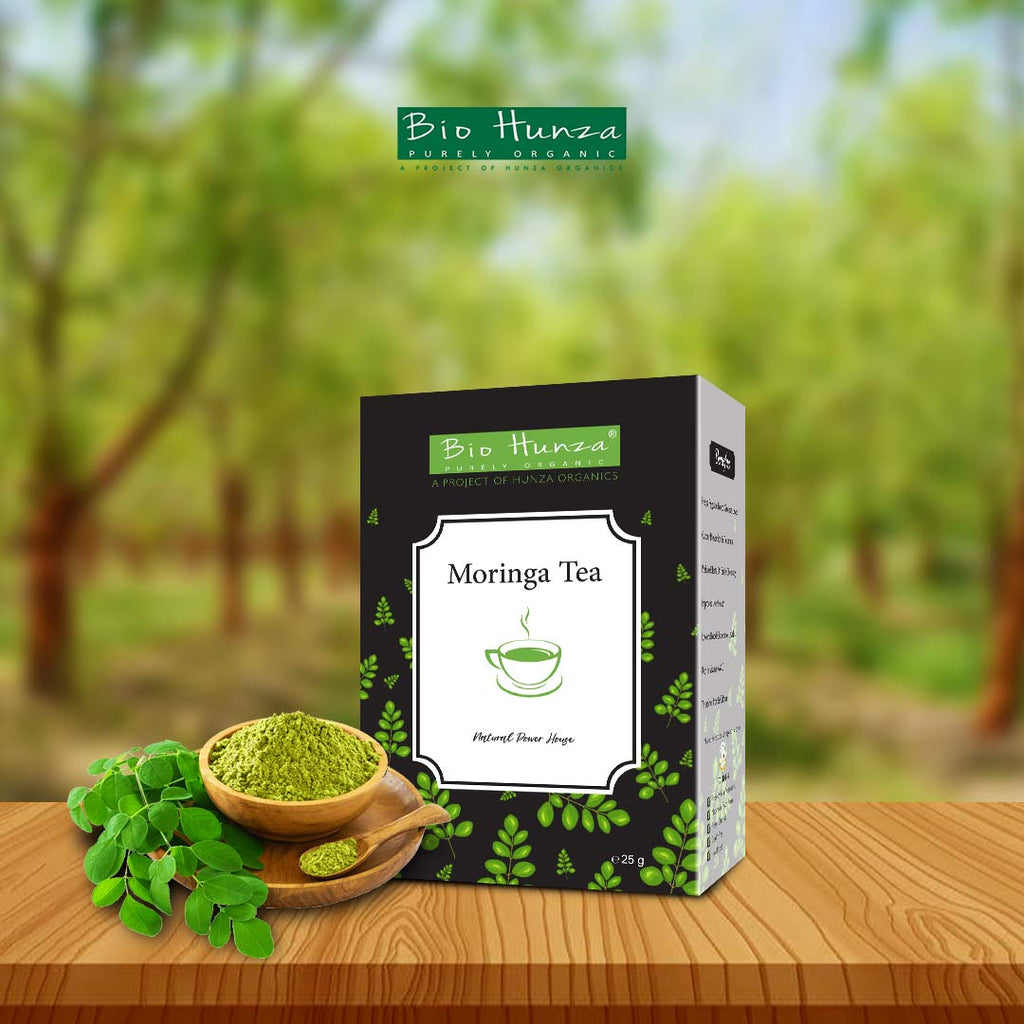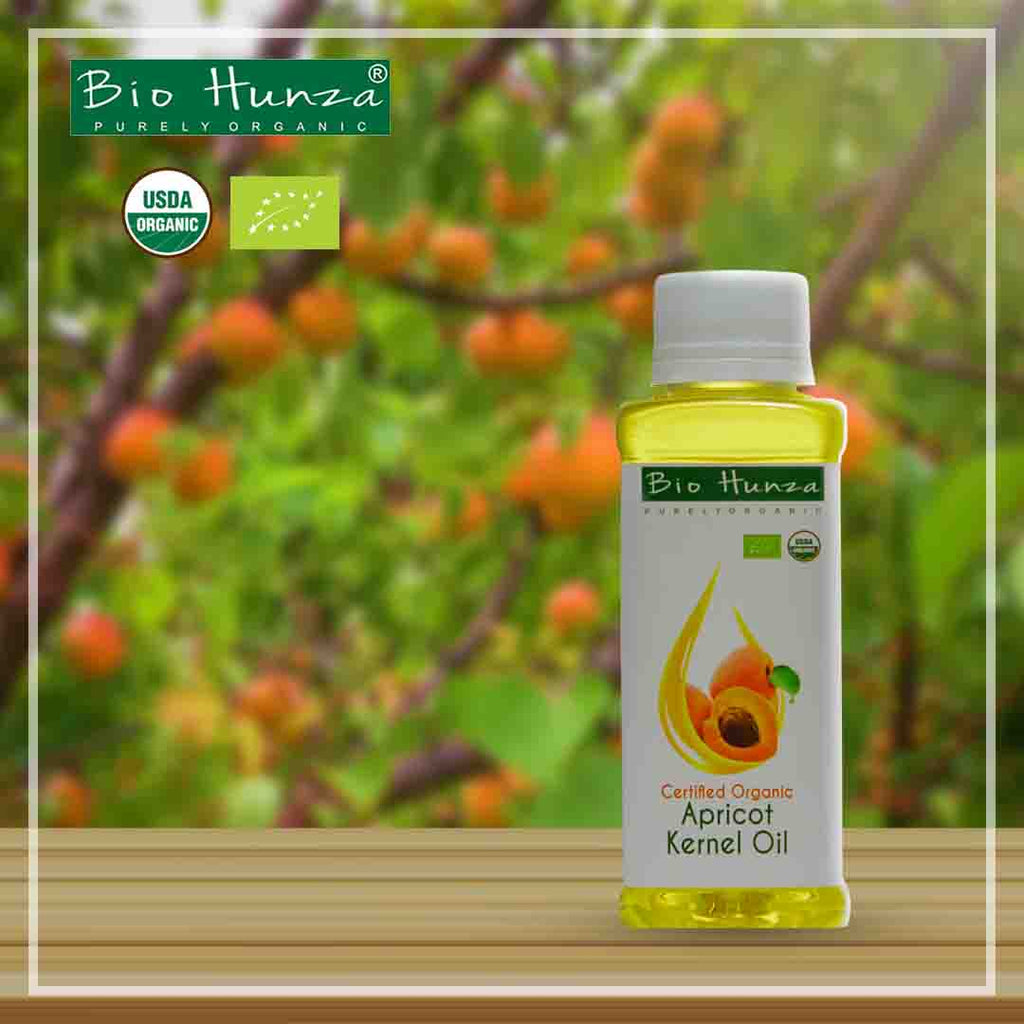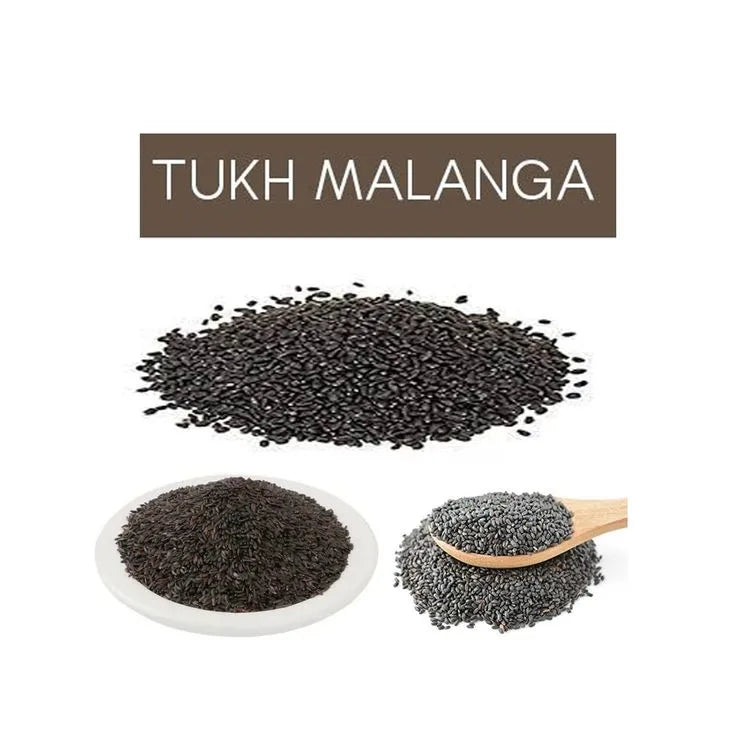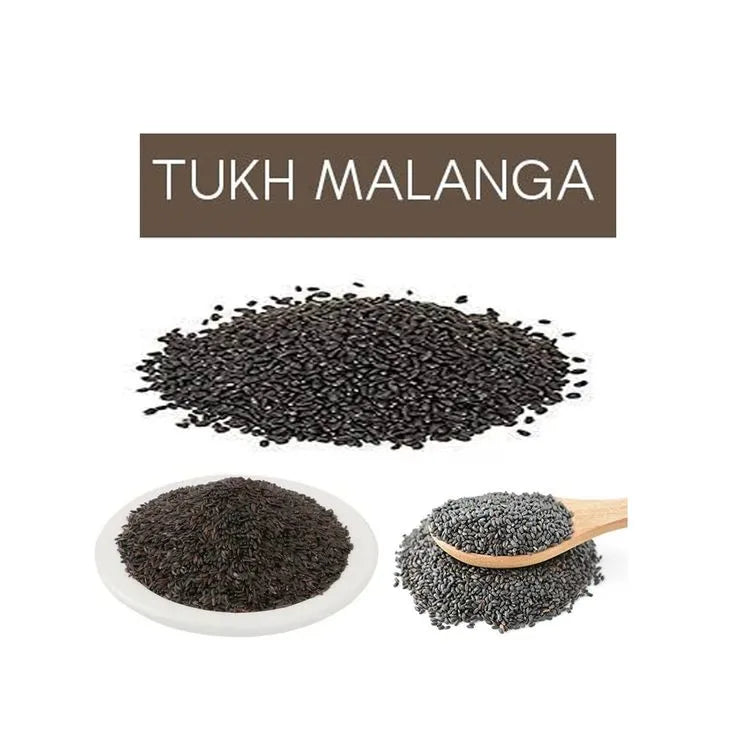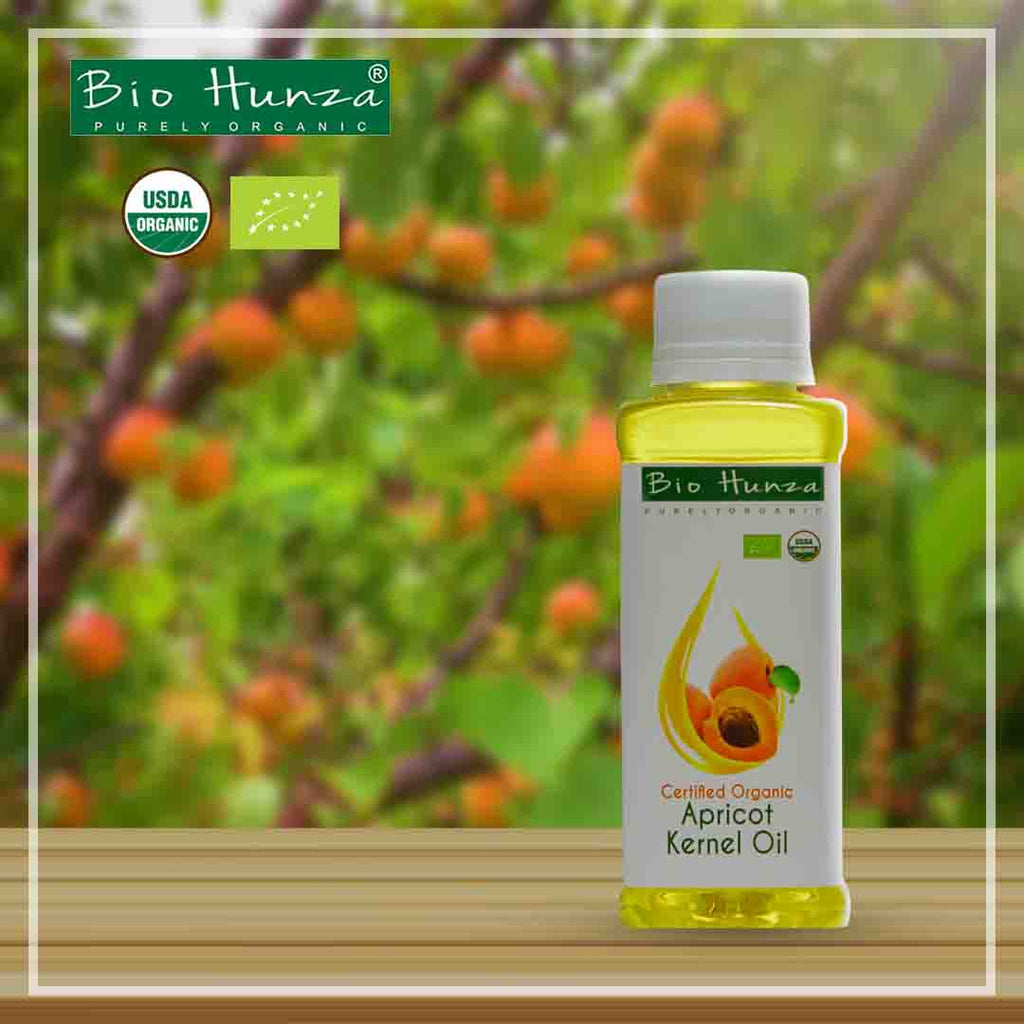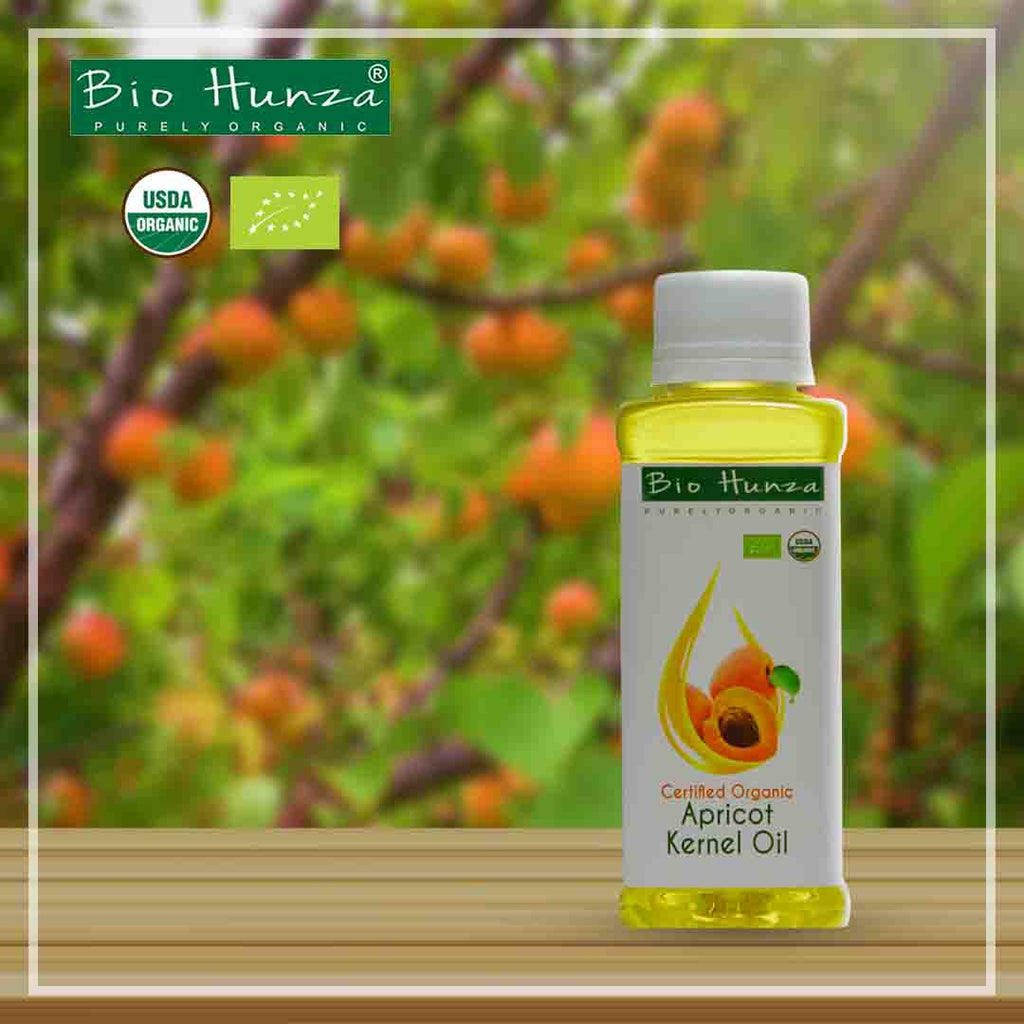
What Are Apricots Benefits? | Apricot Dry Fruit Uses

What Is Apricot? – Introduction to the Golden Fruit
Apricot is a small, golden-orange fruit known for its sweet taste, smooth skin, and rich nutrition. It’s a member of the Rosaceae family, closely related to peach and plum, and has been cultivated for thousands of years across Asia and Europe.
In Urdu, apricot is called Khubani (خوبانی), and in Hindi, it's also known as Khubani (खुबानी). The apricot in español is referred to as albaricoque.
Apricot Nutrition – A Superfood Packed with Goodness
Apricots are not just tasty—they are incredibly nutritious. Here's a quick look at apricot nutrition per 100 grams (fresh):
-
Calories: 48
-
Carbohydrates: 11g
-
Fiber: 2g
-
Vitamin A: 96% of the Daily Value (DV)
-
Vitamin C: 12% DV
-
Potassium: 259mg
-
Antioxidants: Beta-carotene, lutein, zeaxanthin
Dried apricots contain even more concentrated nutrients, especially iron, making them ideal for boosting energy and hemoglobin.
Top Apricot Benefits for Health and Wellness
1. Great for Eye Health
Thanks to its high Vitamin A content, apricots help improve vision and reduce the risk of age-related macular degeneration.
2. Supports Skin Glow
The natural apricot kernel oil is rich in Vitamin E and fatty acids, making it perfect for skincare. It nourishes dry skin, reduces wrinkles, and fights acne.
3. Promotes Digestive Health
Apricots are high in fiber, which supports digestion and prevents constipation. Dried apricots are especially helpful as a natural laxative.
4. Boosts Heart Health
With potassium and antioxidants, apricots help regulate blood pressure and reduce cholesterol, improving overall heart health.
5. Strengthens Bones
They contain calcium, iron, and magnesium—minerals essential for bone development, especially in growing children and older adults.
Apricot Dry Fruit – A Nutrient-Dense Snack
When apricots are dried, they retain most of their nutrients and become even more concentrated in fiber, iron, and antioxidants. Apricot dry fruit is a great snack for school kids, fitness enthusiasts, and busy adults.
Add them to your cereal, yogurt, smoothies, or enjoy them on their own. They're sweet, chewy, and super healthy.
Apricot vs Peach – What’s the Difference?
People often ask: Is apricot and peach same? Not quite.
| Feature | Apricot | Peach |
|---|---|---|
| Size | Smaller | Larger |
| Color | Golden-orange (apricot color) | Pinkish-orange |
| Taste | Slightly tart (apricot taste) | Juicier, sweeter |
| Texture | Smooth, velvety | Fuzzy skin |
| Nutrition | Rich in Vitamin A & fiber | Higher in water content |
So while they belong to the same family, their flavor, size, and texture are different.
When Is Apricot Season in Pakistan?
Wondering, what is the season of apricots in Pakistan? The apricot harvest usually takes place from May to July, depending on the region. Hunza Valley, in particular, is known for producing high-quality organic dried apricots.
BioHunza brings you the best hand-picked apricots from the mountains of Hunza, naturally sun-dried and chemical-free.
Apricot in Daily Life – More Than Just a Fruit
Apricot Kernel Oil for Beauty
The apricot kernel is crushed to make oil that is commonly used in cosmetics, massage therapy, and baby products. It’s gentle and safe for sensitive skin.
Apricot Color in Fashion
The soft, warm apricot color is popular in clothing, makeup, and home décor, symbolizing joy and warmth.
Apricot Pronunciation
For those curious, the apricot pronunciation is often said as "AY-pri-kot" in American English and "AP-ri-kot" in British English.
Popular Apricot Brands You Can Trust
Looking for trusted apricot brands in Pakistan? BioHunza offers premium-quality organic apricots, sourced directly from Hunza farmers. Our brand is committed to purity, sustainability, and wellness.
FAQs About Apricots
Q1: What are the side effects of eating too many apricots?
While healthy, too many apricots (especially dried apricots) can cause bloating or diarrhea due to high fiber.
Q2: Can I eat apricot kernels?
Raw apricot kernels contain amygdalin which can be toxic in large quantities. Only consume bitter apricot kernels if certified safe and in small amounts.
Q3: Is dried apricot good for weight loss?
Yes! They are high in fiber and low in fat, keeping you full longer.
Q4: What does apricot taste like?
Apricots have a slightly tart and sweet flavor with a soft, velvety texture—distinct from peaches.
Q5: Can I eat apricots daily?
Absolutely! Just 2-3 dried apricots a day can provide a healthy dose of fiber, vitamins, and minerals.
Conclusion – Add Apricots to Your Diet Today!
Whether you eat them fresh or dried, apply the apricot kernel oil, or enjoy the sweet apricot taste, this superfruit deserves a spot in your kitchen and skincare routine.
Visit BioHunza.com to shop premium-quality dried apricots from the Hunza Valley. Feel the difference of pure, organic goodness—delivered to your doorstep.
